22, February 2022
Gas exporters working for ‘reliable’ supplies as Ukraine crisis worsens 0
Qatar’s emir said major gas exporting nations were working to ensure “credible and reliable” supplies as he hosted a forum overshadowed by the worsening crisis in Ukraine on Tuesday.
Sheikh Tamim bin Hamad Al-Thani said the 11-nation Gas Exporting Countries Forum, which includes Russia, was striving to preserve stability in world markets, which have been rocked by growing fears of a conflict.
But the group made no immediate promise of extra production for Western Europe, which has sought alternatives to Russian gas as the crisis drives up prices and threatens supplies.
Russia is a key member of the forum, which is taking place after Moscow ordered troops into two rebel regions of Ukraine, prompting international condemnation.
Russian Energy Minister Nikolay Shulginov made no reference to the tensions but he told the forum that “Russian companies are fully committed to existing contracts” for gas supplies.
Russia currently accounts for 40 percent of gas used in Europe, and Qatar five percent.
The United States has asked Qatar to help Europe if Russian gas is cut. But Qatar and other producing countries insist that there are no major reserves that can be diverted to Europe, now paying record prices, unless existing customers, mainly in Asia, agree to give up promised supplies.
Qatar’s emir said forum countries were “working hard to ensure a credible and reliable supply of natural gas to world markets and preserve the stability of those markets”.
The emir and other speakers called for closer contacts with consumer markets to ensure a stable supply of gas, which the forum has been pushing as an essential part of the global drive towards cleaner energy.
The summit was also attended by presidents and prime ministers from Algeria, Iran, Mozambique, Equatorial Guinea and Trinidad and Tobago.
Iran’s President Ebrahim Raisi said his country wanted to increase production and exports but was being held back by what he called “cruel and unnatural” US sanctions against his country.
Major powers are negotiating with Iran to revive an accord regulating its controversial nuclear programme that could provide relief from the crippling sanctions.
Even before the sharp rise in energy prices over the past year, the major gas-producing nations had said they needed long-term contracts to ensure a guaranteed supply to consumers.
The European Union has until recently resisted 10, 15 and 20 year contracts typical in the industry. But Qatar and others say that the massive investment needed to increase production meant they need long term deals.
Source: AFP
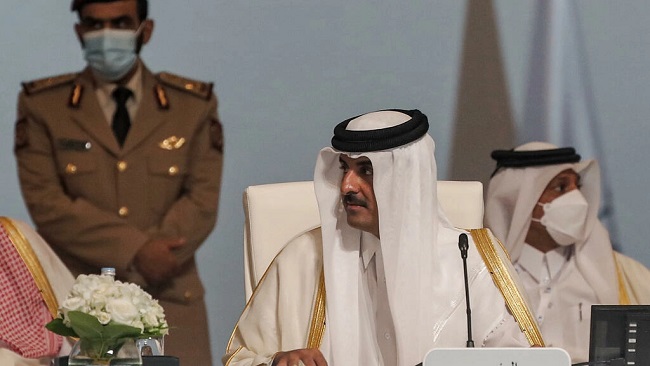

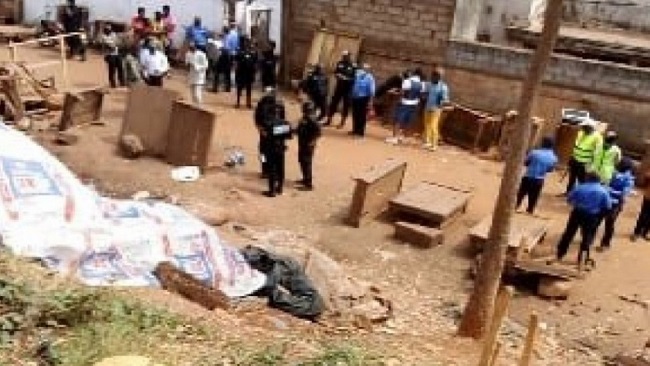
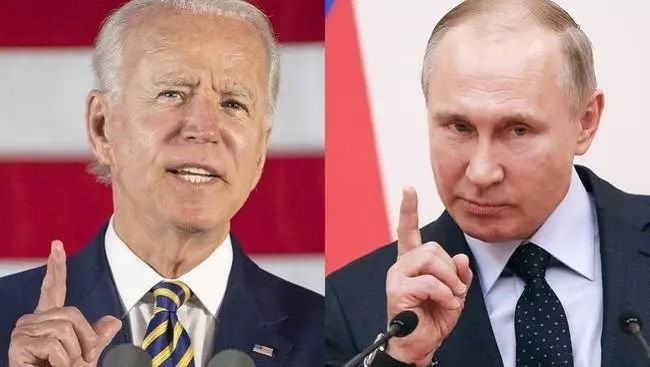
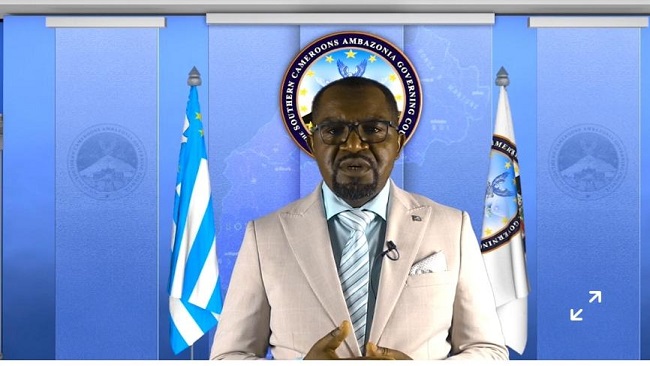

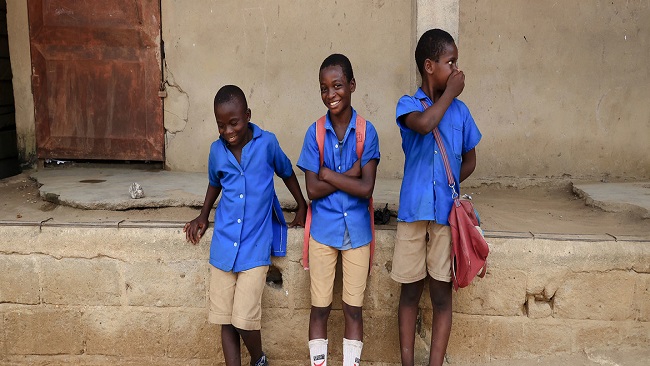
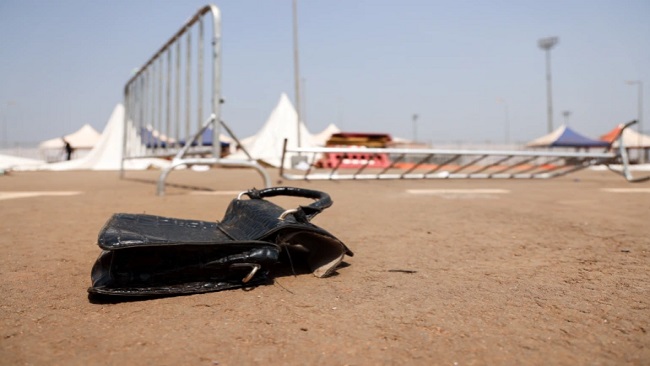
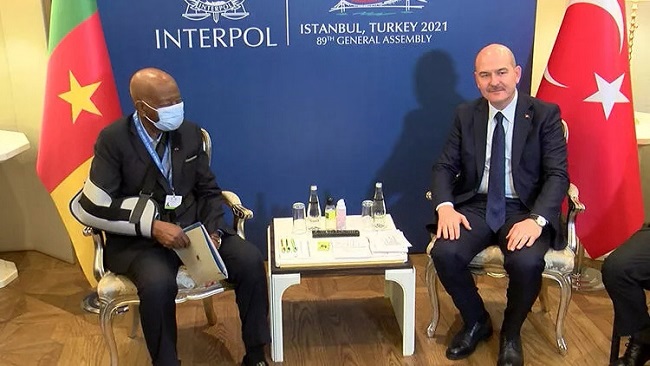

















22, February 2022
Defying West, Putin orders troops to pro-Russian breakaway regions of east Ukraine 0
President Vladimir Putin ordered Russian troops into two Moscow-backed rebel regions of Ukraine on Monday, defying Western threats of sanctions in a move that could set off a potentially catastrophic war with Kyiv.
Earlier, the Kremlin leader had recognised the independence of two rebel-held areas of the Donetsk and Lugansk regions of Ukraine, paving the way for an operation to deploy part of the potential invasion force he has massed around the country.
In two official decrees, Putin instructed the defence ministry to assume “the function of peacekeeping” in the separatist-held regions.
The recognition of the breakaway republics, which form an enclave held by Russia-backed rebels since 2014, triggered international condemnation and a promise of targeted sanctions from the United States and the European Union – with a broader package of economic punishment to come in the event of invasion.
As news of the late-night recognition hit the streets of Kyiv, many were in disbelief, but ready to defend their country if called on.
‘Scariest news’ in 8 years
“I am very shocked,” Artem Ivaschenko, a 22-year-old cook originally from Donetsk, told AFP in the capital, calling the recognition the “scariest news” since he had fled the region eight years ago.
“I live here, I already lost a part of my homeland, it was taken away, so I will protect it.”
After a flurry of calls, US President Joe Biden, France’s Emmanuel Macron and German Chancellor Olaf Scholz warned that Moscow’s gambit “would not go unanswered”.
The US announced its first sanctions, with the White House saying Biden will issue an executive order to “prohibit new investment, trade, and financing by US persons to, from, or in” the two rebel regions.
A French presidential official said the European Union was preparing a list of Russian entities and individuals to sanction in a “proportionate” response to the recognition.
In Kyiv, President Volodymyr Zelensky convened a meeting of his national security council and was due to make a speech later in the night.
Earlier, in an often angry 65-minute televised national address from his Kremlin office, Putin railed against ex-Soviet neighbour Ukraine as a failed state and “puppet” of the West, repeatedly suggesting it was essentially part of Russia.
He accused the authorities in Kyiv of persecuting Russian speakers and of preparing a “blitzkrieg” against the breakaway regions of Donetsk and Lugansk in Ukraine’s east.
“As for those who seized and hold power in Kyiv, we demand an immediate end to their military operations,” Putin said.
“Otherwise, all responsibility for the possible continuation of bloodshed will be fully on the conscience of the regime in power in Ukraine.”
Putin said it was necessary to “take a long overdue decision, to immediately recognise the independence” of the two regions.
He then signed partnership agreements with the rebels that declared the presence of Russian military forces “necessary to maintain peace… and ensure reliable security.”
EU ‘will react with sanctions’
The recognition effectively puts an end to an already shaky peace plan in the separatist conflict, which has rumbled on since 2014, after Moscow annexed Crimea from Ukraine, and has left more than 14,000 dead.
Russia will now deploy troops with the support of separatist officials and Ukraine will either have to accept the loss of a huge chunk of territory or face an armed conflict against its vastly more powerful neighbour.
British Prime Minister Boris Johnson called the move “a flagrant violation of the sovereignty and integrity of the Ukraine”, with the UK cabinet’s emergency COBR committee due to meet Tuesday and foreign minister Liz Truss promising “new sanctions on Russia.”
EU chiefs Ursula von der Leyen and Charles Michel promised the bloc “will react with sanctions against those involved in this illegal act”.
The United States and allies including France requested an emergency meeting of the UN Security Council later Monday.
Putin told his Security Council earlier Monday that there were “no prospects” for the 2015 Minsk peace accords aimed at resolving the Ukraine conflict.
‘Very big threat’ to Russia
And he made clear the stakes were bigger than Ukraine, whose efforts to join NATO and the European Union have deeply angered Moscow.
“The use of Ukraine as an instrument of confrontation with our country poses a serious, very big threat to us,” Putin said.
The dramatic meeting – with Putin sitting alone at a desk as his government, military and security chiefs took turns addressing him from a podium – came after weeks of tensions between Moscow and the West over Ukraine.
Western leaders warned that Russia was planning to invade its pro-Western neighbour after massing more than 150,000 troops on its borders, a claim Moscow repeatedly denied.
Tensions then spiked in recent days after an outbreak of heavy shellfire on Ukraine’s eastern frontline with the separatists and a series of reported incidents on the border with Russia.
Monitors from the OSCE European security body on Monday reported more than 3,000 new ceasefire violations in east Ukraine the day before, a high for the year.
Ukrainian officials said two soldiers and a civilian died in more shelling of frontline villages Monday.
Source: AFP